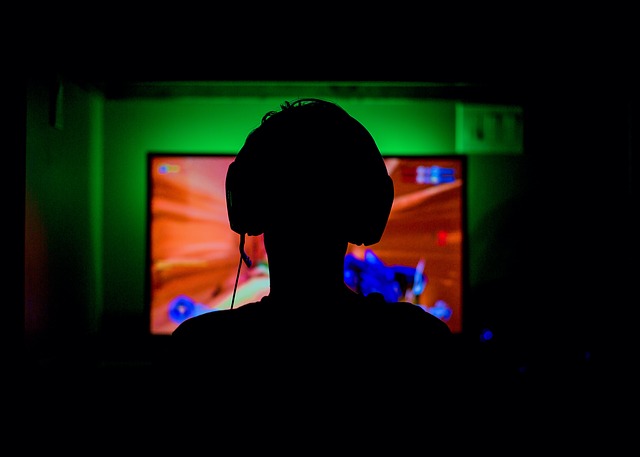The battle between video game consoles is a story as old as the market. At first, the fight was for each new piece of hardware to make a name for itself, to establish roots and a foundation upon which future generations could be built. Over time, the big winners emerged, with no new traditional systems challenging the status quo arriving in decades. Today, this fight has evolved, becoming a reflection of the unique situation video games have found themselves in. Facing a new set of hurdles, the next few years could be some of the most complicated yet.
The Major Players
The three big names in the modern age of console competition are Nintendo, Sony, and Microsoft. Nintendo runs the Nintendo Switch, the hybrid console/handheld which borrows from the company’s strong Game Boy/DS legacy. Sony and Microsoft have entered the fray with the PlayStation 5 and Xbox Series, respectively. These two systems are much more illustrative of traditional gaming consoles, though their ways forward diverge at some key points.
Difference Approaches
Before looking at how the big three have adopted different approaches to the console war, it’s first important to understand that the disparities between the systems make direct competition complicated. Consider the modern video streaming market as an example. Fundamentally, the best-known names like Netflix and Hulu operate the same way, which means competition tends to simply revolve around libraries and price. For an even more homogenous example, in terms of content, we could consider the types of games available at Swiss online casinos. An enormous amount of software is shared over these competitors like Bet365 and Casino777. Thanks to this, getting ahead is more about the user experience and different bonuses like free spins and deposit matches.
While similar elements exist in gaming, it’s not quite as clean-cut in the console space.
Nintendo, as Nintendo is wont to do, has leaned on its famous selection of first and second-party titles to form its base. While the Switch can’t compete on a technical level with its processor and graphical capabilities, the system’s emphasis on visual style has more than made up for its shortcomings. Recently crossing the 100 million units sold barrier, the Switch can succeed simply by maintaining its current pace.
Sony, with its PS5, is the manufacturer that is taking the most traditional path in console competition. Leaning on platform exclusives like the Spider-Man licence, Ratchet and Clank, and Demon Souls, Sony had a strong lead into the beginning of the new console release cycle. Heavily advertising this aspect of their machine, Sony might have shot itself in the foot.
Microsoft, initially using their lack of exclusives in the new generation to tout a more open environment, has now also jumped onto the exclusive bandwagon. Recently purchasing Bethesda and Activision Blizzard for $7.5 billion and $68.7 billion respectively, Microsoft now owns the exclusive rights to some of the biggest names in entertainment. Including Doom, The Elder Scrolls, Fallout, and Call of Duty, Microsoft now has the option to cut Sony off from millions of purchases, giving the company a decided edge going forward.
Adding to Microsoft’s new exclusive advantage is its ownership of Windows. With new consoles closer to PC architecture than ever before, and Microsoft’s Windows being installed on more than 70% of all computers, porting games from Xbox to Windows is a no-brainer.
Big Enough for Everyone?
Though it might seem that Sony could soon be struggling when faced with Nintendo and Microsoft, the story isn’t quite so clear-cut. For one thing, Xbox is not a popular console in the significant Japanese market. In over 20 years, Microsoft has sold only 2.3 million Xboxes in Japan. Meanwhile, the Nintendo DS and PS2 alone sold 33 million and 24.4 million units in the region. Add onto this the fact that there will always be a need for powerful consoles in Japan, where the Switch falls short, and Sony’s continuance, for now at least, is still assured.
From this point on, the question turns to what manufacturers will do next. While each system is already on a strong path, the console space has been full of surprises and upsets before. What happens if Nintendo releases a powerful console, or if Sony makes greater moves into PC ports? How could online free games and cross-play affect the equation? It’s an exciting generation to be a part of, and you can bet we at TechnoFiZi will be watching closely.

